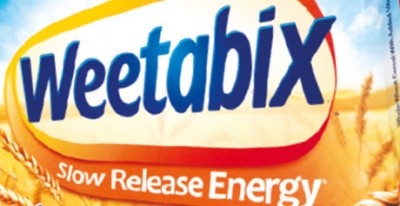Food firms could find loophole in EFSA health laws

The European Food Safety Authority (EFSA) has issued a list of approved health claims for food products that will be rubber-stamped by EU member states in the coming weeks.
EFSA has taken a firm line on claims made for foodstuffs including caffeine, probiotics and slimming products, insisting that all statements about health benefits are backed up by science.
But one legal expert suspects there may be a loophole for food producers using ingredients whose properties are still being studied. The EFSA recommendations do not appear to rule out this scenario, according to Owen Warnock, partner at law firm Eversheds.
He told FoodManufacture.co.uk: “In America, you’re allowed to make claims about food products based on emerging science, under the First Amendment and the right to freedom of speech. The EU wording doesn’t accommodate that but we might see it emerging in the future.
“In principle, I see no reason why it couldn’t. The assumption so far that everyone has made is that you prove the claim or you’re out. But you may still be able to argue that there is some evidence for a claim but that it isn’t scientifically proven yet. It’s not clear from the wording that these kinds of claim would be impossible to make.”
FoodDrinkEurope, the body representing EU-based food producers, insisted its members “will not use claims which have not received a positive scientific opinion from EFSA and have not been approved by the Commission, Council and Parliament”.
Enforcement
During the consultation process, member states asked for about 44,000 health claims to be considered by the European Commission. These were consolidated into a list of some 4,600 claims and sent to EFSA for evaluation.
Warnock predicts a patchy approach to enforcement action taken by Trading Standards teams in the UK once the final decision on permitted health claims has been made.
“Once that list has been approved, there will start to be a bit of enforcement,” he said.“Claims that were being made that weren’t submitted for approval should have stopped already.
“I wouldn’t be surprised if there are some Trading Standards departments in some parts of the country who will put a lot of effort into this, and there may be some individuals who want to make a name for themselves.”
Warnock said that medium and large-sized companies had played a “pretty active” role in the consultation and had kept pace with the demands the new rules would place on them. But he added some smaller food businesses lacked the scientific resources to make their claims stand up, and in some cases were unaware of the European process.
Call for caution
FoodDrinkEurope has urged member states to “adopt a proportionate approach” when they finalise the list of permitted health claims this month.
It said that while it supported the process, it was concerned that “some member states are now considering excluding several generic health claims despite having received a positive scientific opinion from EFSA during a lengthy assessment process”.
It added: “Food manufacturers believe that scientifically substantiated claims currently under discussion deserve their place in the list of permitted claims.”
FoodDrinkEurope is also worried about the proposal to add disclaimers to claims about the benefits of vitamins and minerals, which it said could “confuse or mislead” consumers and went against the principle of improving consumer information.






